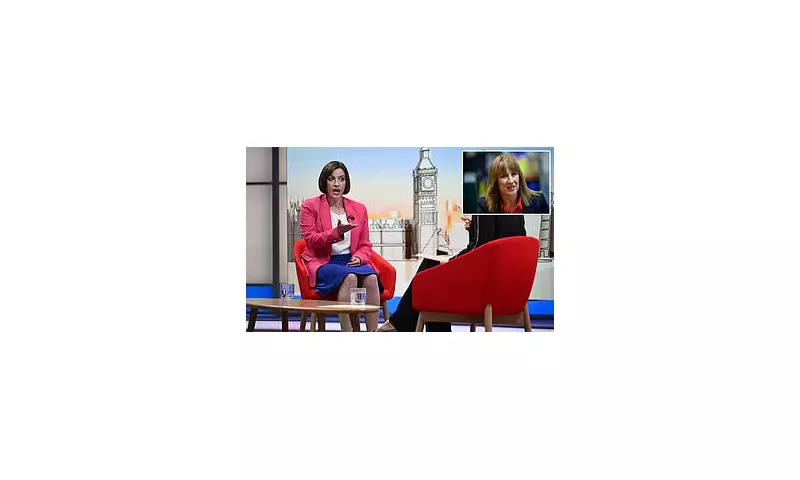
In a dramatic shift that could reshape Britain's welfare landscape, a senior Cabinet minister has strongly hinted that the controversial two-child benefit cap may be scrapped, paving the way for increased handouts worth approximately £3 billion.
The revelation comes as Chancellor Rachel Reeves prepares to unveil what insiders are calling the most significant tax raid on the wealthy in decades, with measures expected to generate a staggering £30 billion in additional revenue.
Welfare Reform U-Turn Looms Large
The two-child limit, which restricts child tax credit and Universal Credit to the first two children in most households, has faced mounting criticism from poverty campaigners and cross-party MPs who argue it disproportionately affects low-income families.
A Cabinet insider revealed: "There's growing recognition that the policy needs revisiting. The human cost has become increasingly difficult to justify, especially when child poverty figures continue to paint a worrying picture."
Tax Storm Gathers for High Earners
Meanwhile, Treasury officials are working overtime to finalise what promises to be the most radical budget since the financial crisis. Rachel Reeves is reportedly considering multiple measures to "soak the rich," including:
- Higher capital gains tax rates aligning more closely with income tax levels
- Wealth taxes targeting individuals with assets exceeding £10 million
- Reform of non-dom status and inheritance tax loopholes
- Increased windfall taxes on energy companies and banks
The proposed £30 billion tax package would represent the largest single revenue-raising measure since Gordon Brown's premiership, signalling Labour's commitment to what they term "fiscal responsibility with social justice."
Political Battle Lines Drawn
The potential double-whammy of benefit restoration and wealth taxation has already drawn fierce reactions from across the political spectrum. Conservative MPs have condemned the plans as "anti-aspiration" and warned of capital flight, while backbench Labour MPs are pushing for even more radical redistribution.
One government source cautioned: "The Treasury is walking a tightrope. They need to demonstrate fiscal credibility while delivering on manifesto commitments. The autumn budget will define this government's economic credibility for the remainder of the parliament."
What It Means for British Families
If the two-child cap is abolished, nearly 2 million children could benefit from increased financial support, providing crucial relief to households struggling with the ongoing cost of living crisis.
Simultaneously, the proposed tax changes would affect approximately the top 1% of earners and wealth holders, with Treasury modelling suggesting the measures could reduce inequality while funding essential public services.
The political and economic stakes couldn't be higher as Britain awaits what promises to be the most consequential budget in recent memory.






